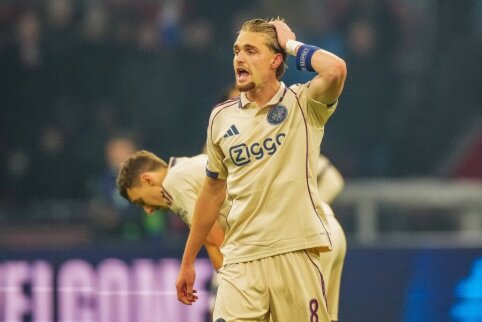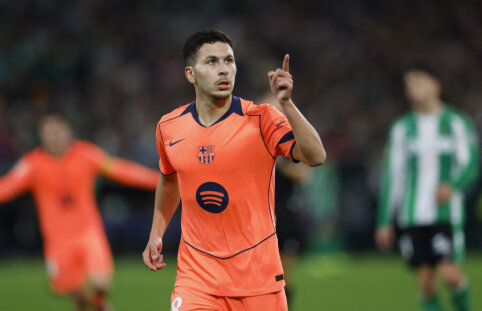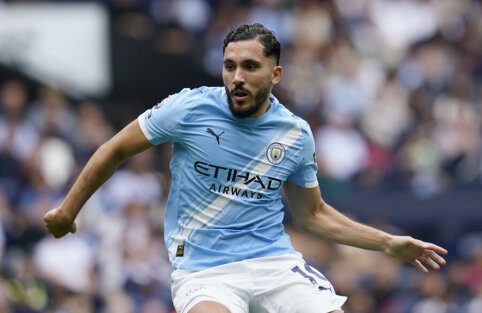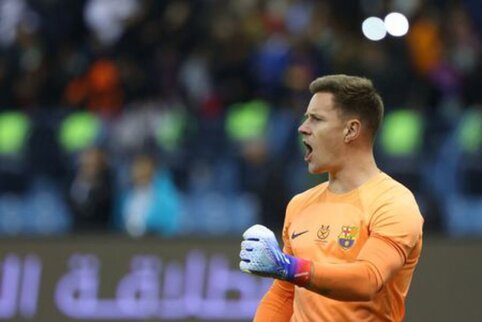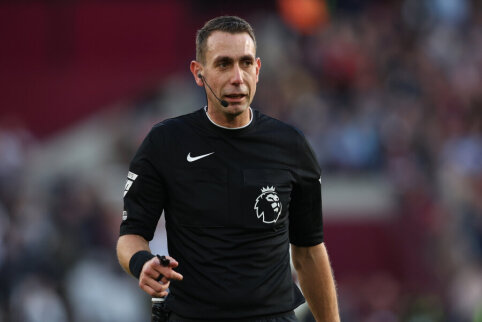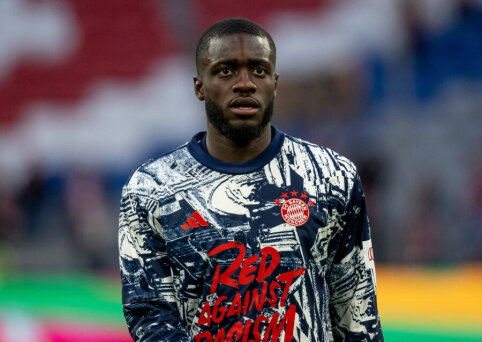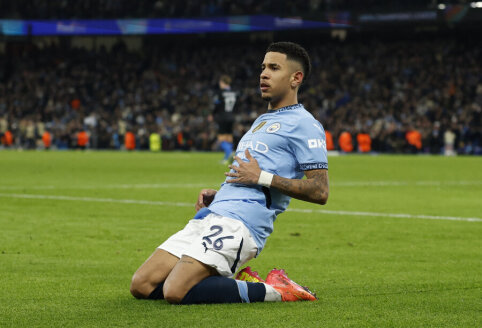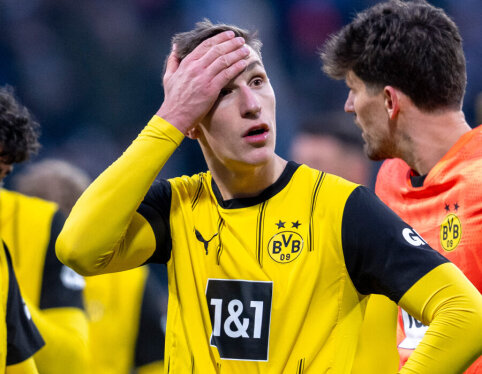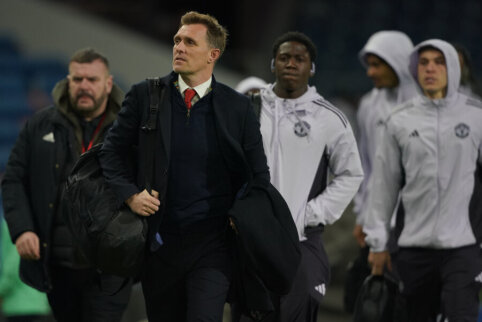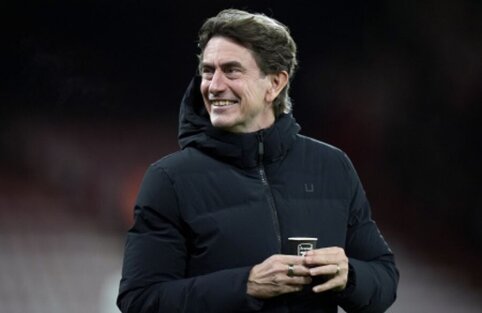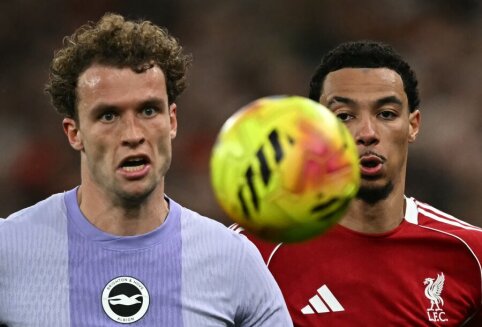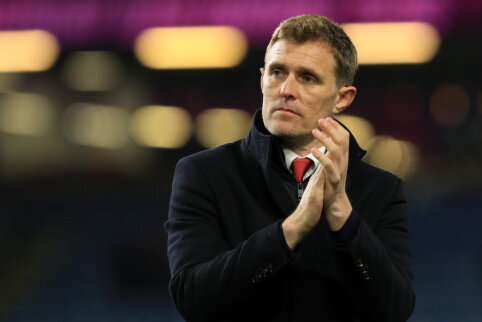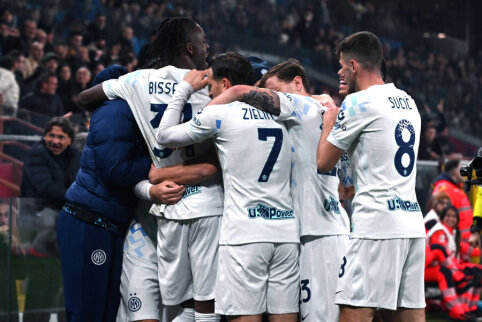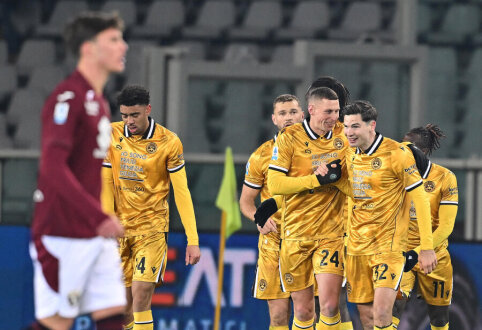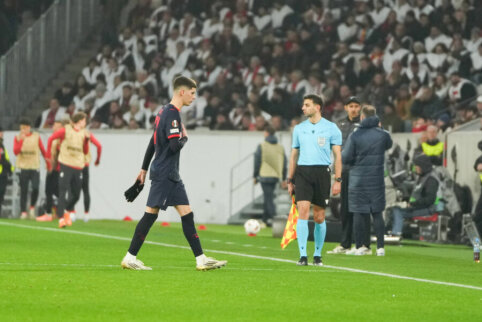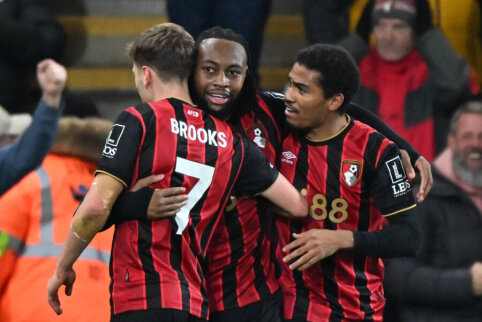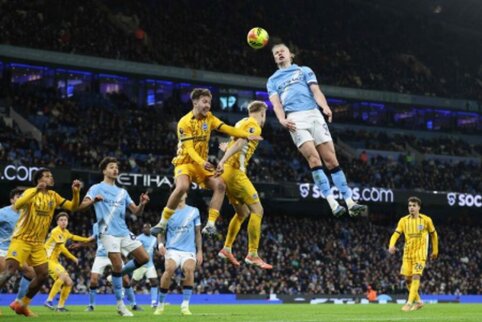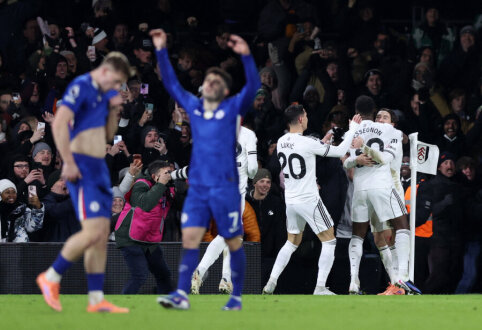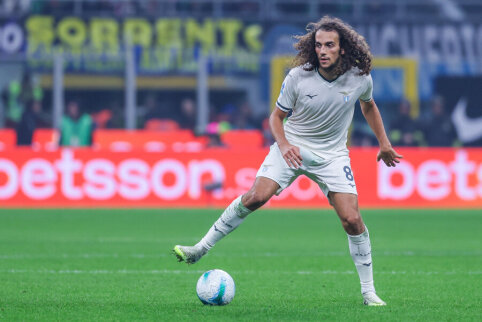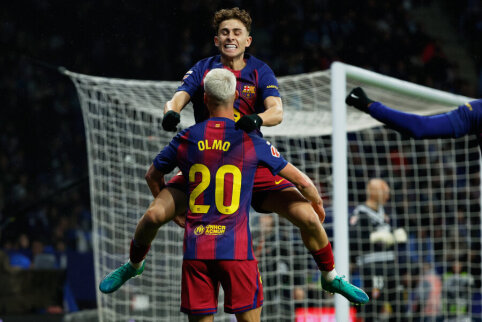 © EuroFootball.com
© EuroFootball.com
Impressive Lionel Messi's career in the club started humbly - on a paper napkin.
It happened more than ten years ago, when a tiny 13-year-old Messi hoped to receive an offer to stay in the Catalan team.
"It's a napkin, that I and many of my colleagues consider an object, that changed the history of "Barcelona," said one of the initiators of the deal with Messi, football agent Horacio Gaggioli. "If it weren't for it, Leo would play elsewhere."
In September 2000, Messi arrived for his first tryout in Barcelona. Even then, as a teenager, with the ball sticking to his feet like glue, he enchanted a Barcelona employee and coach Carles Rexach.
When a final decision had to be made after a few months, the club's technical director wrote the contract terms on the first piece of paper he found at the "Barcelona Pompeia Tennis Club" sports center. The terms indicated that the Catalans agreed to meet the conditions set by Messi's father, Jorge.
On the napkin it was written: "On December 14, 2000 in Barcelona, in the presence of Josep Minguello, Horacio (Gaggioli), Carles Rexach, Barcelona's technical secretary, despite some objections, there is an obligation to sign a contract with Lionel Messi and fulfill the agreed payments."
Now Messi is 24 years old. He has been named the best FIFA player of the year three times in a row - a feat that no one has achieved since 1983, when Michel Platini shone. Last season, the Argentine scored 53 goals, this season - already 31. Soon, Leo will become the most prolific Barcelona player of all time.
The forward has won the Champions League three times, the Spanish championship five times, the Club World Cup and the UEFA Super Cup twice, the Spanish Super Cup five times, and the Spanish King's Cup once. It's no wonder that Messi is often compared to Pele, Diego Maradona, and Alfredo Di Stefano.
"There are very few players like him, so we signed the contract very early. We felt that he was exceptional," said Rexach. "Leo's family asked to formalize the agreement in writing so that they could be at peace about the future. I had nothing else but a napkin, so we wrote everything on it."
Indeed, the process that led Messi to Barcelona started even earlier.
People from Messi's hometown of Rosario contacted Gaggioli with a request to try to make a contract with Barcelona, as a decision had been made to leave the Newell's Old Boys team. The new club had an important requirement - to cover the expenses related to the adolescent's treatment with growth hormones.
The opportunity to acquire the talent was also available to Buenos Aires' River Plate, and Gaggioli insists he will never forget the moment he first saw Messi.
"We met at the airport. When I saw him, I thought: 'Where is this kid planning to play? He was so short and skinny, it seemed impossible that he could play,'" he said.
However, Messi already impressed specialists with his tricks on the green field - as he outperformed his peers, coaches asked him to play with older players. Convincing then Barcelona president Joan Gaspart to sign a contract with a 13-year-old, at a time when a new coach and players were needed for the main team, was not easy. Especially since physical data did not promise anything good, and the Newell's Old Boys leaders had already decided to stop paying for hormone treatment.
The Catalans had to commit not only to pay medical bills but also all the expenses related to Messi's family's move to Spain. In addition, Messi's father asked to find him a job.
"Usually, the president doesn't have to care so much about a player whose results are expected in ten years," added Minguella, who worked alongside Gaspart. "At that time, Luis Figo left the team and went to 'Real,' and it seemed like we were only talking about a 13-year-old. It wasn't easy."
Until then, Barcelona had not signed a contract with such a young foreign player - taking this step was not easy for a club that nurtures deep traditions. Messi also felt this, but when he returned to his homeland in October, he thought everything was settled. However, the paperwork took a long time.
"The directors couldn't understand why we were paying so much attention to a 13-year-old boy from Argentina," said former general manager Joan Lacueva, who helped Gaspart and contributed to Messi's acquisition. "Patience followed. But Rexach and Rife were sure that the contract had to be signed, they said that there was no other player like him. There was no doubt that Messi is a pearl, and you didn't need much knowledge about football to realize that."
In December came the fateful moment: either the contract is signed, or Messi will most likely leave elsewhere. The final decision was made that day at the sports center.
"He looked around trying to find a piece of paper, but there was none, so he pulled out one of the napkins," Mingella smiled.
The official documents were arranged in March, and the young talent and his family moved to Spain. Now the napkin, which Gaggioli and Mingella have kept to this day, is stored in one of Barcelona's banks.
"It should be in a museum. But I haven't received a call from the club," said Gaggioli. "I haven't earned a single euro from the club or Messi. But I don't know if I would want a bonus, first, they need to contact me."
